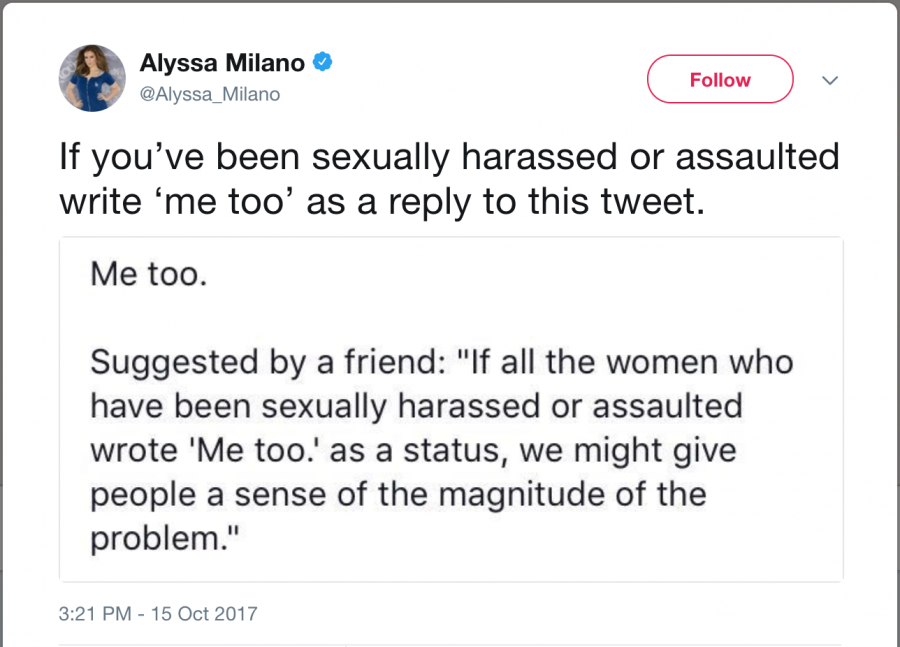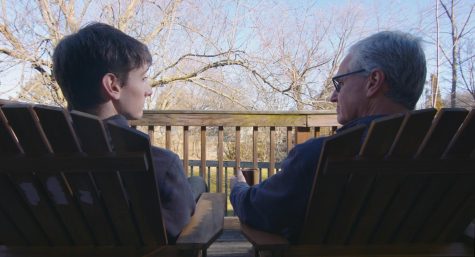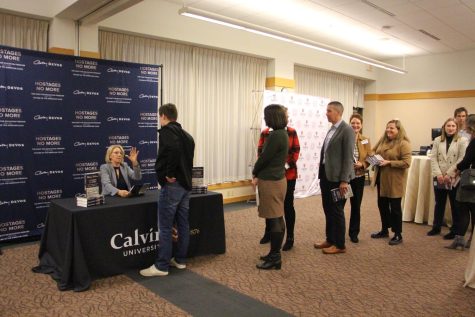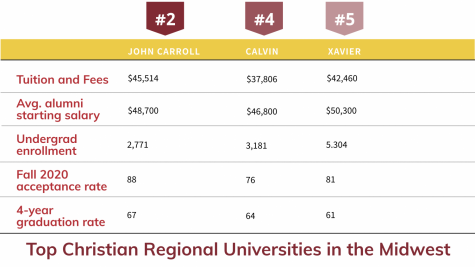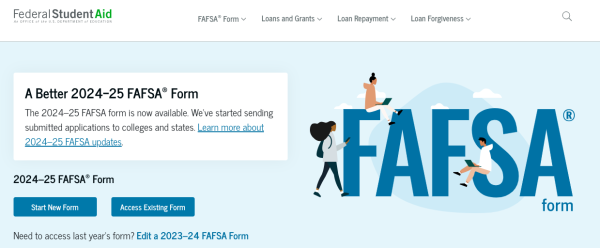Calvin faculty and students join #MeToo movement
The hashtag #MeToo is sweeping the social media pages of Calvin students and professors as they join the viral women’s movement against sexual harassment and assault. Since Sunday, Oct. 15, Chaplain Mary Hulst, English professors Jennifer Holberg and Jane Zwart and history professor Kristin Du Mez joined many Calvin students in updating their Facebook statuses.
The movement originated on Sunday, when actress Alyssa Milano tweeted that victims of sexual harassment or assault should change their statuses to “Me Too” to demonstrate the widespread nature of these issues. Milano’s idea was similar to a “me too” movement started in 1997 by activist Tarana Burke.
Du Mez said witnessing #MeToo spread across social media gave her a sense of the breadth of experiences women have had and continue to face. She initially thought she did not have a personal story of sexual harassment or abuse, and was surprised that as a scholar of sexuality and feminism she had overlooked her own experiences. She said her own hesitancy to update her status is indicative of the wider tendency to keep such experiences private.
“There’s this notion that … feminism has accomplished what it has set out to accomplish, and that we’re kind of past all that,” said Du Mez. “But I think that what this campaign demonstrates just how pervasive sexual harassment — assault — is.”
Holberg has found it helpful to be open about her experience on social media and in the classroom. She said sharing allowed her to stand in solidarity with staff, students and Facebook friends and to have conversations that speak against the normalization of sexual harassment and abuse.
“As someone who teaches classes in gender and literature and thinks about the stories we tell ourselves about gender, we have a lot of really damaging stories,” said Holberg. “We have a lot of ways that we don’t feel like some of these things are narratable … But there should be no shame in [sharing stories].”
Christian institutions such as Calvin are not exempt from the problem of sexual abuse. John Witte, dean of students, said that Calvin’s Safer Spaces initiative receives “regular reports” of harassment, discrimination and retaliation that vary in topic and severity.
Witte acknowledged that such instances are expected, as Calvin is a microcosm of society. He further noted that Christian institutions have failed to adequately address abuse in the past. Because abuse and harassment are so widespread, what distinguishes institutions is not the absence of such instances but how they are addressed.
At Calvin, the Safer Spaces initiative raises awareness and promotes the reporting of sexual abuse and harassment. Mandatory trainings instruct staff, faculty, student leaders and first-year students about appropriate boundaries and how to respond as a bystander. Safer Spaces also provides student advice and online resources to help them report anything questionable.
Calvin College’s Safer Spaces policies, reports and trainings fulfill Title IX requirements. Title IX of the Education Amendments Act of 1972 prohibits discrimination on the basis of sex in any federally-funded education program. Recently, the Trump administration has announced plans to permanently adjust how Title IX applies to sexual assault cases in schools.
“If changes are made to the law or to the requirements of it, we’ll review that carefully and evaluate the best way forward,” said Witte. “But we’ll always strive for a safe and knowledgeable environment where anyone involved, on all sides of an issue or complaint, feels that we have due process and fair treatment.”
Students can improve the safety of Calvin College by reporting any instances of inappropriate behavior, responding as a bystander and attending Sexual Assault Prevention Team trainings.
To report an instance of sexual abuse or harassment, visit https://calvin.edu/offices-services/safer-spaces/report/. The Broene Center for Counselling and Wellness also offers support for anyone who has experienced abuse, discrimination or harassment.



